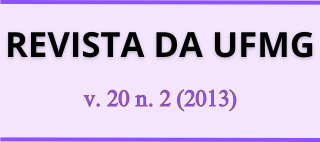A governança das águas no Brasil e os desafios para a sua democratização
DOI:
https://doi.org/10.35699/2316-770X.2013.2699Palavras-chave:
Governança das Águas, Participação, Lei das ÁguasResumo
Alinhado com os discursos internacionais, o Brasil aprovou em 1997 a Lei das Águas, que institucionaliza um sistema descentralizado e participativo de tomada de decisão sobre a gestão das águas no âmbito das bacias hidrográficas. Por adotar princípios da Gestão Integrada dos Recursos Hídricos (GIRH), a Lei simboliza um processo de transição da governança das águas no país, incluindo atores não governamentais em decisões sobre a alocação de recursos, concessão de outorgas e cobrança de encargos. Dezesseis anos após a aprovação da Lei, a situação de alguns comitês de bacia revela que os princípios da GIRH ainda não puderam ser efetivamente implementados. Este ensaio busca, assim, analisar os atuais desafios que impedem a plena democratização da governança das águas no Brasil.




